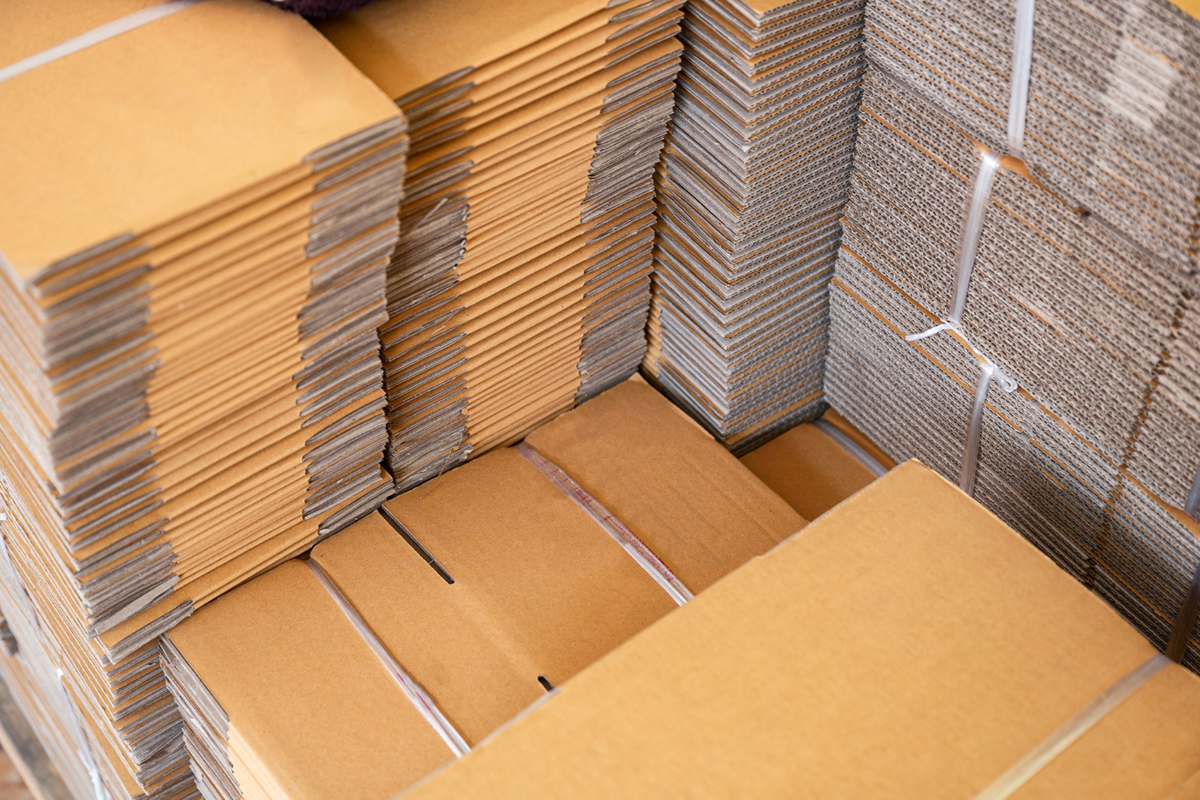
Institutions, businesses, and consumers should do their best to recycle cardboard. Cardboard is among the most commonly generated waste materials for any business. The EPA estimates that more than 24 million tons of cardboard are thrown away each year. Fortunately, most of that cardboard, over 90%, is recycled. This makes cardboard one of the easiest materials to recycle globally. Our experts on cardboard recycling in New Jersey offer the following tips for recycling it efficiently:
If you have plastic, glass, newspaper, etc., to recycle, you can transport it to your local recycling center in the cardboard box and then recycle it too. All you have to do is make sure it remains dry and clean, then break it down and toss it in with the other cardboard materials.
Food contaminants and grease are terrible contaminants for cardboard recycling. Cardboard is mixed with water during the recycling process, so oils and food particles will contaminate the recycling process. Toss your oily or contaminated cardboard in the trash instead.
Cardboard balers are a cost-effective option for large amounts of recycling. They are also more environmentally friendly and more cost-effective than traditional dumpsters.
Cardboard that has grease or other contaminants cannot be recycled. So avoid storing greasy pizza boxes with other clean cardboard and throw them in the trash instead.
Once collected, store all cardboard recycling in a clean, dry place to avoid contamination.
Have a process in place for collecting cardboard efficiently and quickly before it gets tossed in the trash.
Make sure that you remove contaminants like polystyrene and plastic before recycling cardboard. However, you do not have to remove tape or labels, as they are easily removed in recycling centers.
Be sure to flatten cardboard boxes as much as possible. This will allow more space in recycling containers and make your cardboard recycling easier to transport. In addition, failing to break the boxes down can be dangerous for cardboard recycling machines.
After cardboard gets saturated or wet, recycling it can be really tough, if not downright impossible. This makes it essential to keep your cardboard materials as dry as you possibly can.
You do not have to recycle all of your cardboard traditionally. Instead, you can utilize it in various ways for composting and gardening. For example, talk to your office's landscaping company to see if they can use it for mulch, donate it to a composting facility, or offer it to a local urban garden.
These are just some of the tips for recycling cardboard. It is essential to break down your boxes, keep them dry, avoid contamination, and remove any contaminants but tape and labels. Try to reduce your cardboard consumption and reuse the items you can before recycling what you have left. Save your pizza boxes and other contaminated cardboard for composting or throw it in the trash, so it does not contaminate the cardboard materials that can be processed.